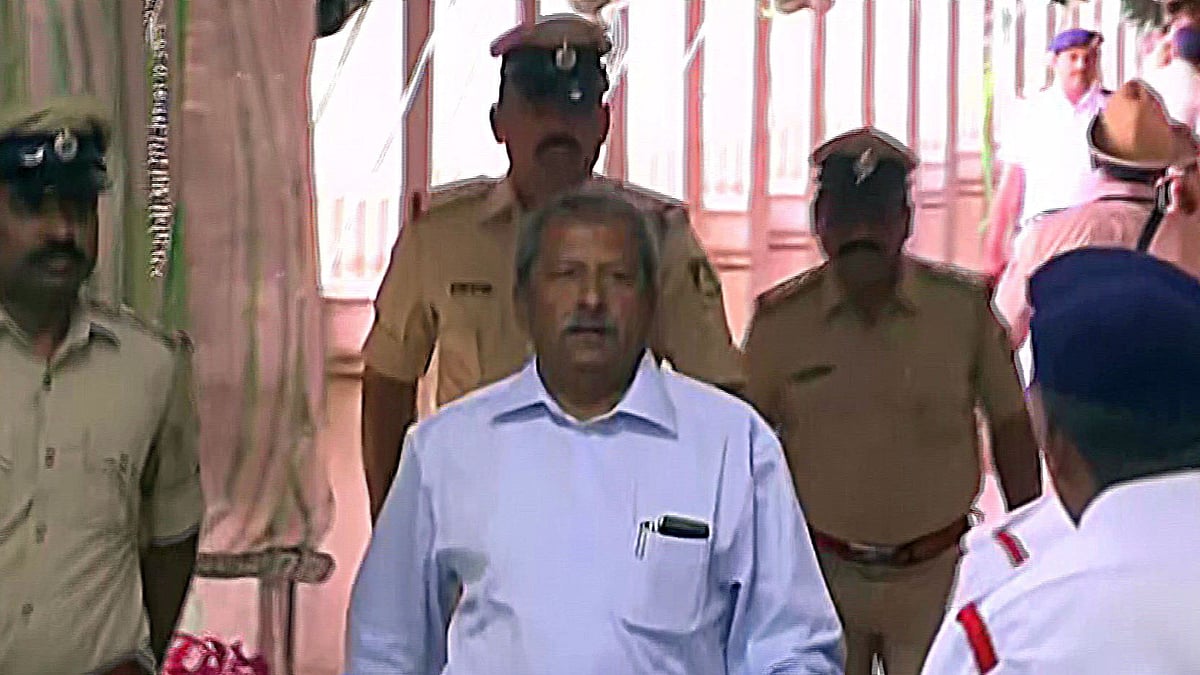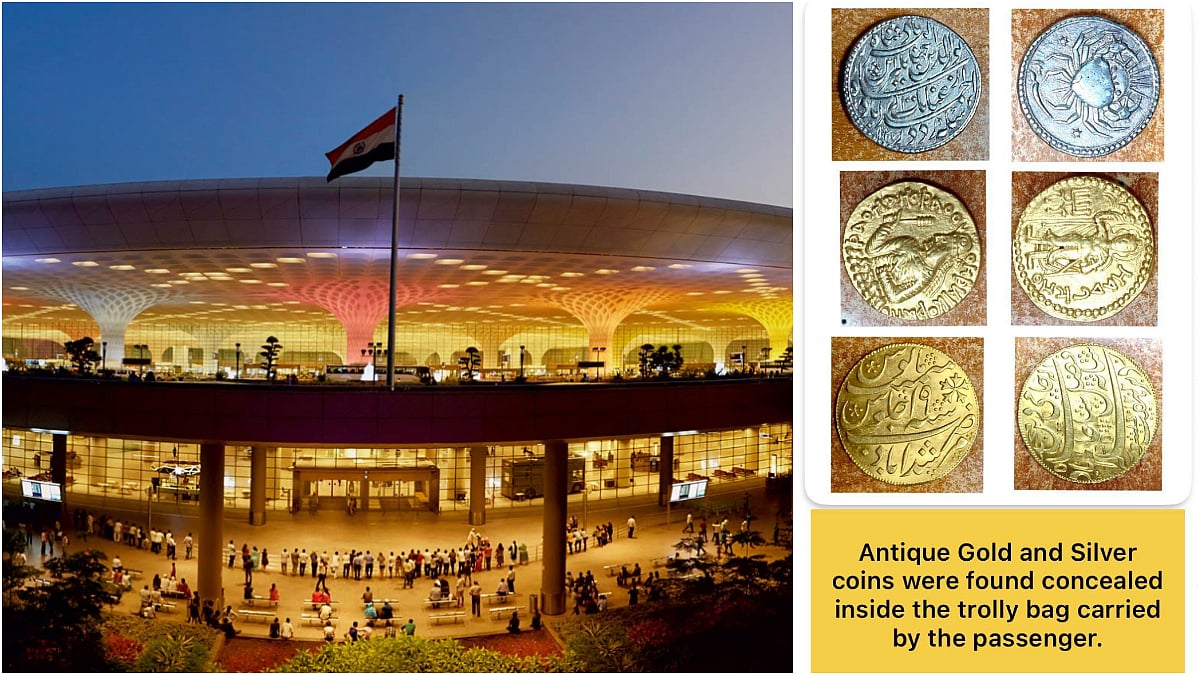In an effort to address the perennial issue of rush during peak hours and enhance passenger safety on crowded local trains, the Central Railways Mumbai Division initiated a novel approach by implementing staggered timings for its employees starting from November 1. This approach gained momentum, with 13 additional organisations in the city adopting flexible working hours to enhance passenger safety and alleviate the challenges of rush hour commuting.
The 13 organisations that have responded to the initiative for office timing segregation include prominent names such as the General Post Office Mumbai; Bombay Stock Exchange; Bhabha Atomic Research Centre (BARC); All India Association of Industries; Bajaj Electricals; IRB Infrastructure Developers; General Insurance Corporation; Godrej & Boyce; Gammon India Ltd; GlaxoSmithKline Pharmaceuticals; Mumbai Rail Vikas Corporation (MRVC); Jamnalal Bajaj Institute; and Roche Products (India) Pvt Ltd.
The offices of these companies are spread across different parts of the city, with most of them located in South and Central Mumbai and Bandra Kurla Complex (BKC). An employee from the city's postal department, who preferred not to be quoted, shared insights into the positive impact of the variable official timings introduced in their office. "My office has introduced variable official timings for employees to avoid rush hour travel, and I find it quite helpful." he said.
Similarly, an employee from the MRVC, residing in the Western suburbs, expressed how the flexible work hours have made a tangible difference. "Flexible work hours policy has allowed several workers to choose non-peak hours for their commute," said the MRVC employee.
Under this system, the organisations are providing their employees the flexibility to work between 8 am and 9 pm, proving to be highly beneficial in avoiding the rush hour travel hassles. This initiative not only contributes to the well-being and convenience of employees but also plays a crucial role in decongesting the crowded local trains during peak hours.As more organizations in Mumbai embrace this novel approach, the collaborative effort towards a smoother and safer commuting experience is expected to have a lasting positive impact on the city's workforce and its local transportation system.
The Central Railway's decision to stagger its employees' timings aims to alleviate the strain on the city's local train services during peak hours, ultimately reducing the risk of incidents such as passengers falling off crowded trains.
"Despite the addition of 150 suburban services over the past seven years, the city's railways are grappling with severe overcrowding during rush hours. Last year alone, approximately 560 lives were tragically lost as people fell off packed local trains during the notorious 'rush hours'. The situation seems to be escalating this year, with nearly 400 fatalities reported so far due to overcrowded conditions on the local trains," said an official.
According to Central Railway authorities, they have reached out to more than 750 government and private organisations, urging them to consider adopting staggered office timings. So far, 13 organisations have adopted the concept.
"The adoption of staggered office timings by these organisations is a significant step towards easing the burden on suburban train services operated by both Central Railway and Western Railway in Mumbai. The shift in office hours is expected to distribute the commuter load more evenly throughout the day, reducing the congestion experienced during traditional rush hours," said an official.
The Central Railway said that some organisations have already successfully implemented staggered office timings, while others are in the process of incorporating this system. "These proactive measures are not only contributing to a smoother daily commute for employees but are also indicative of a collective effort to address the challenges posed by overcrowded public transportation systems," an official said.
The organisations opting for staggered timings collectively represent around 5,000 employees who rely on suburban trains for their daily commute.
"The success of this endeavor relies on continued collaboration between the Central Railways Mumbai division and organizations across the city. As more entities recognize the benefits of staggered office hours, it is anticipated that this innovative approach will become a norm, fostering a more balanced and efficient transportation system in Mumbai. The positive response from both government and non-government sectors underscores the importance of collaborative efforts in addressing urban transportation challenges and creating a more sustainable and commuter-friendly city," said Shivraj Manaspure.









